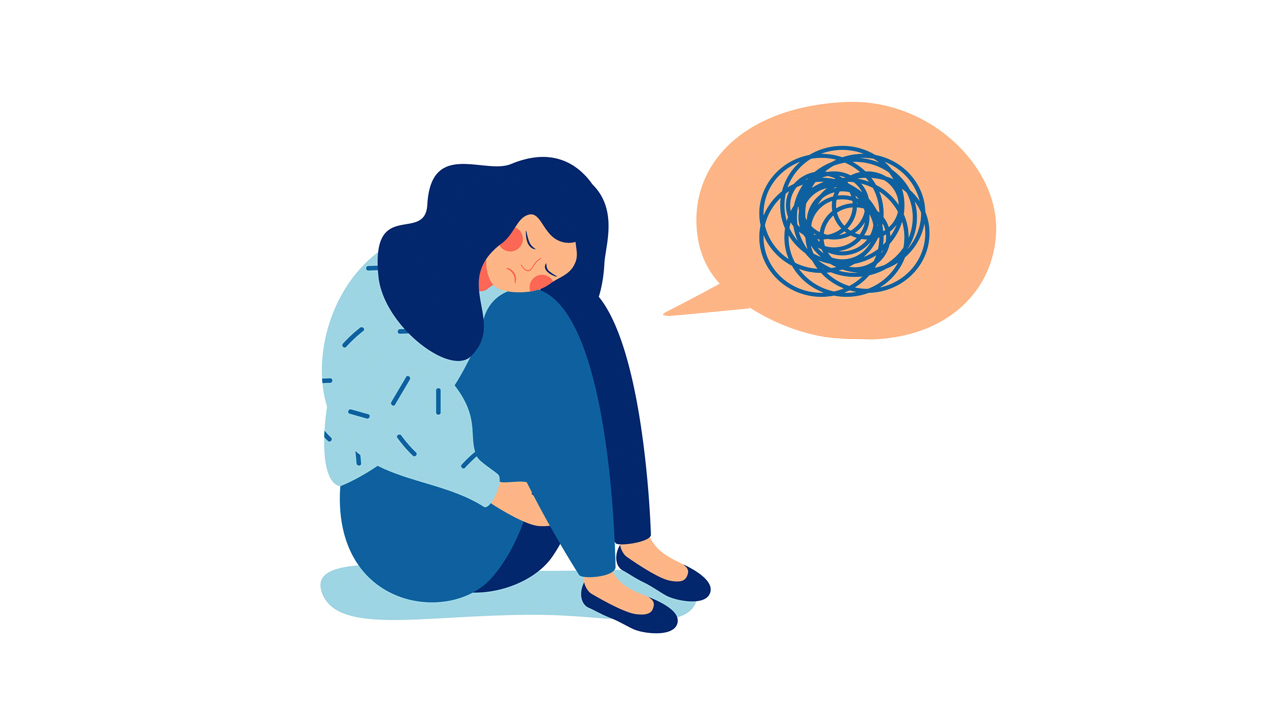Anxiety paralyses people.
Fearing the worst case scenario, feeling overwhelmed and suffocated, cold sweats and restlessness are common sensations that come with anxiety.
Certainly, being wary of our anxiety will only causes more anxiety.
It may seems weird that most resources offer meditation or breathing technique for coping, when people who experience panic attack can barely sit still.
However, overcoming anxiety should not be seen as competition or hurdle to be passed through. It is instead the capability to handle it when the feeling comes. Better yet, paving our path from fear to peace and calm.
What is the Source of Your Anxiety?

Since anxiety is something that we feel, knowing ourselves is the first important step in our journey.
Several questions might be helpful, such as:
- When was I first experienced anxiety?
- What is the trigger that causes me to feel anxious at that time?
- Is my anxiety gets better/worse since that time? In what way it is different?
- What I usually do when I’m feeling anxious? What is the most effective way to soothe myself?
At first, it may not very comfortable to answer this questions. During this activity, it is normal for bad experiences and trauma to resurface and make us feel even more terrible.
This when going to the therapist will help you the most. Maybe you already aware that you are always anxious about sitting in the exam. But, what is the root source of this feeling? It could be that your parents have high expectation for your results. Why is this expectation is important?
This process will help you to uncover, what is the underlying reason why certain things make anxious and start to build your way from there. Therapists are equipped in various skills and methods to help you work through the source of your anxiety. That’s why going to the therapist is often quoted as the first step of your journey to healing.
The Path to Healing
Overcoming anxiety is not like winning a race or getting a good grades at exams. It’s not something that can be rushed, but it doesn’t mean that it needs to take years.
Although different people may experience the process differently, the goal is generally similar: being able to process the anxious feeling so it doesn’t negatively affects other parts of our lives.
The most common analogy used to described anxiety or depression is wave.

Imagine that you are in the middle of the ocean, hanging on a small buoy. Buoy in our lives can be in the form of our daily routines, friends, family or believes that we have. When you experienced anxiety, the waves of the emotion will cause your buoy to be out of balance. If the feeling is strong enough, it is possible to get drown into the water for a while. However, as soon the impact of the waves subside, you will regain your balance with your buoy.
Feeling nervous, fear or worry is a normal to experience for a human being. Just like the ocean always have waves. The problem with anxiety is that it is a much bigger waves that sometimes can make us let go of our buoy. Without the buoy, we will struggle to keep swimming to stay afloat.
There are different ways to solve this.
First, is to have another tool to deal with the emotion. In our analogy, it can be in the form of a small paddle. This is what often developed during therapy sessions. We learn steps or methods to process our emotion in a safe environment, so that when the waves of emotion comes, we have better control in navigating through it.
Second, is to improve our resilience when we are anxious. Instead of becoming panic and letting go of our buoy, we can still hold it and strong enough to swim back to the surface quickly. This method may be more difficult because the individual has to develop some degree of mental resilience, usually through their own experience or self-taught methods that they have.

Bottom Line
Regardless of what ways we use to deal with anxiety, the most important thing to remember is that anxiety is only an emotion. It is not our identity, nor it can define our future. It may be painful or unbearable at times, but just the believe that it will get better, sometimes help us alleviate the negative experience we have.

